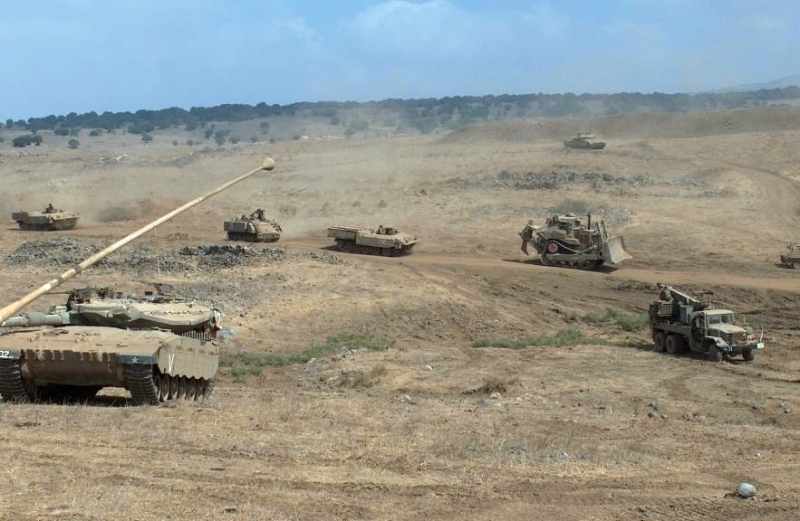There is only one real condition for us to talk about peace in Palestine and that is for Israel to be defeated. Naturally, we are not referring to a military defeat, but rather to a diplomatic isolation and a political, but also “ethical” and “cultural” defeat. A way of passing into the pillory of history through a definitive and irreversible judgment of condemnation for the genocide carried out for more than seventy years against the Palestinian people; exactly as happened in Nazi Germany and apartheid South Africa; chapters closed (hopefully) forever, and from which Germany itself and South Africa itself have been reborn to a new life. This could also happen, with the defeat of the current State of Israel, for the Jewish communities that constitute it.
Suppose this is the only true objective for achieving peace. In that case, there are at least two political orientations, often (but not always) supported in perfect good faith, which need to be carefully rethought.
The first is the position of those who take sides (without further clarification) for peace, against all forms of violence and alongside all the victims. Impeccable position on a principle level. We are all supporters of Nonviolence (deliberately with a capital letter). But Nonviolence is first and foremost an ethical and ideal posture, which our task is to make become usual political practice. However, if, in the immediate future, this aspiration is used as a discriminating element to judge every conflict, then the risk is to put Israel and Hamas on the same level because they both use armed force. In the same way, Nazism could have been lumped together with those who fought it in arms, thus ending up justifying it. Or in the face of South Africa’s racism, it could have been said that Mandela was also a terrorist (for those who don’t know, Nelson Mandela was the founder of the armed wing of the African National Congress, the party of black South Africans).
Naturally, we can discuss what is the politically best, but also the most ethically correct, ways to carry out the resistance, as long as it is clear that the Palestinian resistance is right and that the aim remains the defeat of Israel in the ways and in the sense that we have explained.
The other issue to avoid, perhaps less dangerous, but equally misleading, is the plethora of discussions on the possible institutional arrangements that should characterize a peaceful future.
First of all, there are supporters of the old thesis of two peoples in two states, which clashes with Israeli expansionism and the million and a-half settlers surrounding Gaza and the West Bank. Then there is the thesis of two peoples in one state, which sees an optimistic overcoming of all the clashes and hatred accumulated in more than seventy years of history of abuses. Finally, there is also the hypothesis of a horizontal social organization that in some way follows the revolutionary experience of democratic confederalism currently carried out by the Kurds in Rojava (and which is, in principle, the one we feel the closest to.)
In any case, whether the future is represented by the creation of two States, or of a single State that belongs to all, or even of a horizontal, democratic and stateless community, is something that is not up to us to decide, and which in any case is idle discussion if peace is not established first.
But peace has only one true condition: the defeat of Israel, or rather the defeat of Israel’s genocidal project.
Everything else comes later.






